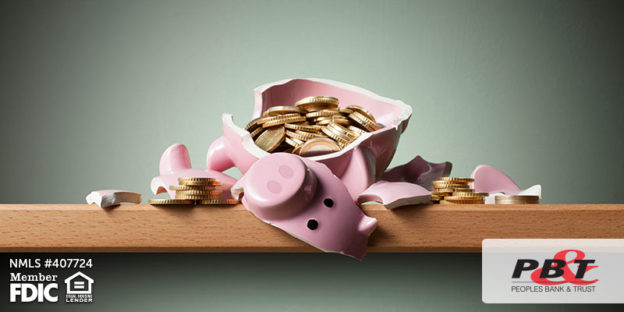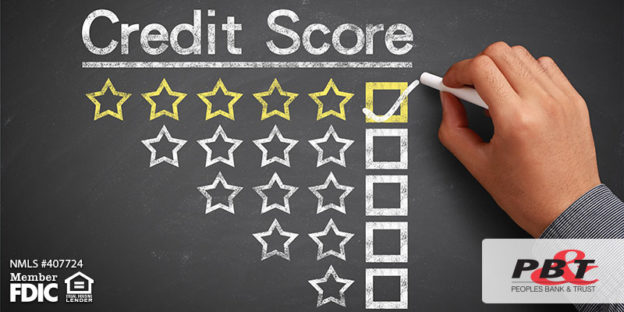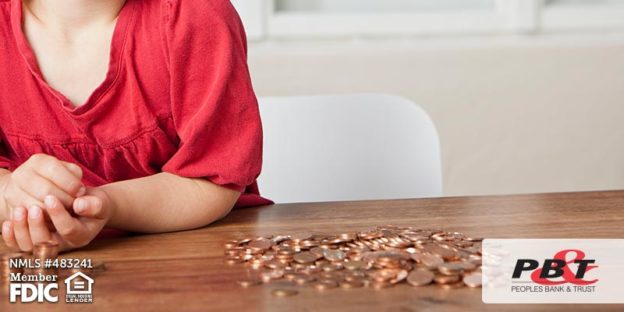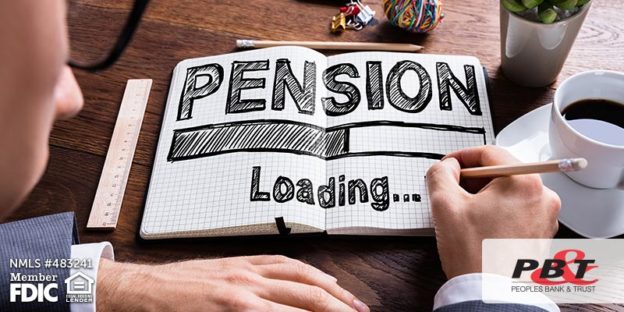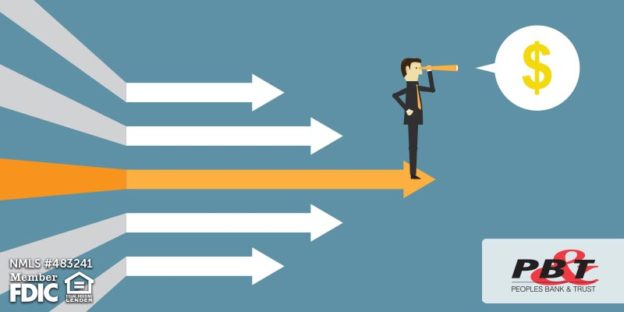Emergency Fund
If you’re new to budgeting, we recommend having a $1,000 cushion to help offset the cost of an emergency expense without it derailing the rest of your budget. If you aren’t able to put the $1,000 aside now, start small and work your way up to a number that is comfortable for you.
When is a financial emergency, truly an emergency? Establishing an emergency fund is an incredibly important part of your budget, but knowing when to use it is just as important. Ask yourself these three questions before dipping into the pot:
- Is it unexpected?
Unfortunately, life can hit us with some difficult challenges that result in significant financial hardship. These are the situations in which use of the emergency fund is acceptable. This could be an unforeseen medical expense, like a child’s broken arm. Or, maybe you lost your job and will need some help getting the bills paid until you find new employment. These type of events are unexpected and difficult to plan for, as you hope you will never have to face them. What would not be “allowable” is using the EF (Emergency Fund) to pay for expenses that you know are coming each month, such as a cable or utility bill.
- Is it urgent?
The word emergency typically implies immediate. For example, if you have a sick loved one who needs you across the country, it won’t do them any good for you to wait until you have saved up enough money to visit. They need you now and it is reasonable to use the EF to get there.
- Will it fulfill a need?
For many, it can be tempting to spend the large amount of money accumulating in your emergency fund. But this is where you need to truly consider needs vs. wants. For example, let’s say your dishwasher broke. Of course, this is not ideal and can make your life more difficult, especially if you have many people in your household. However, it wouldn’t be categorized as a need. You can wash dishes by hand and start saving for a new one. But, if your dishwasher broke causing water damage to the cabinetry, this would qualify as an unexpected and urgent need to take care of as soon as possible.
If you’re looking for a safe place to keep your emergency fund, allow us to help it grow a little by placing it in a savings account with us!
Peoples Bank & Trust Co.
Member FDIC
Equal Housing Lender


